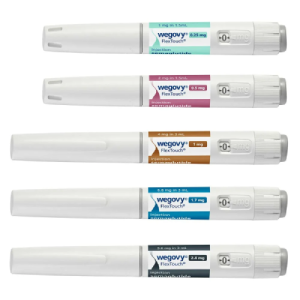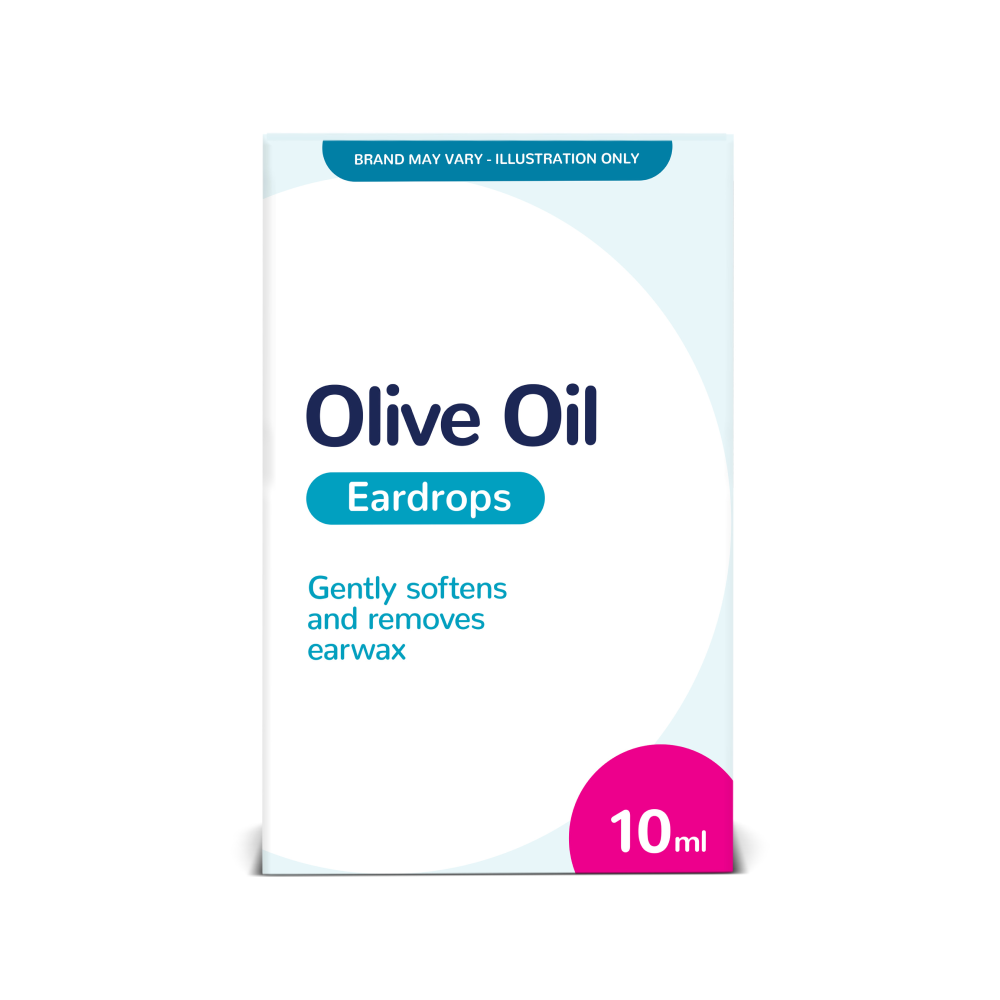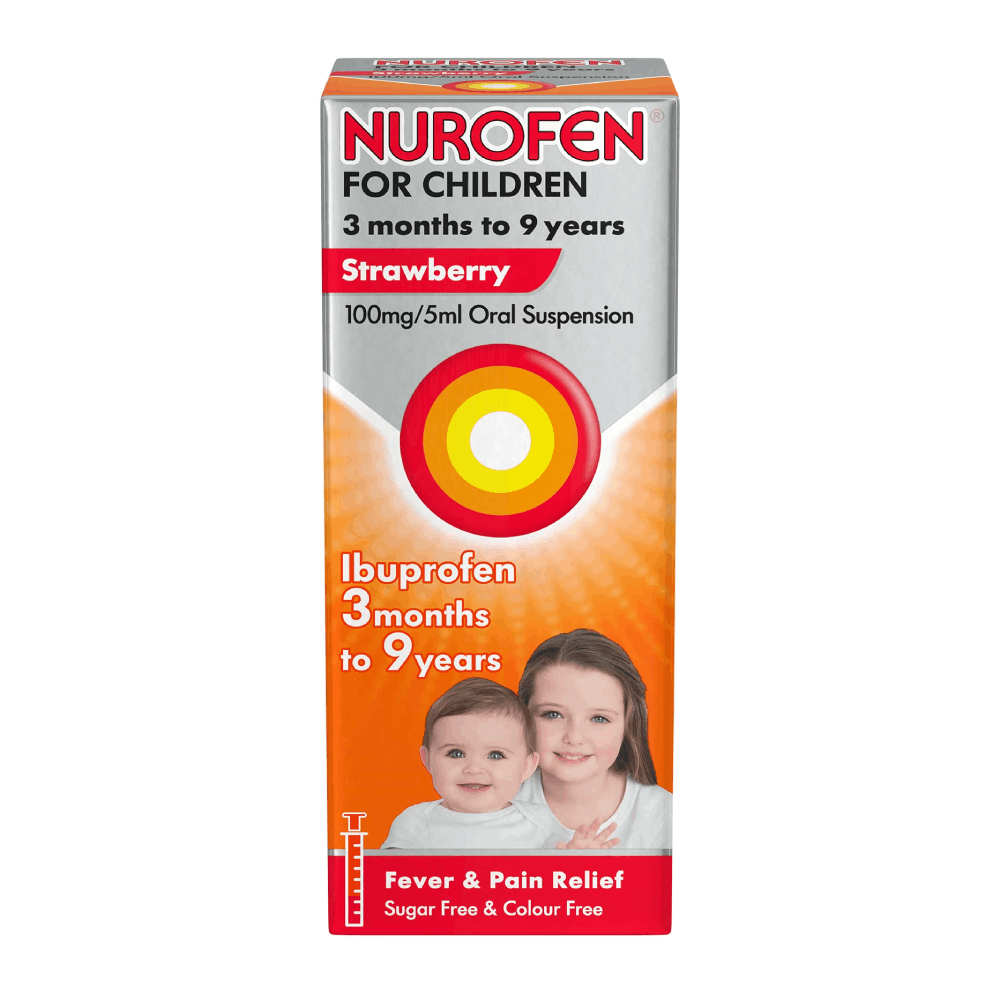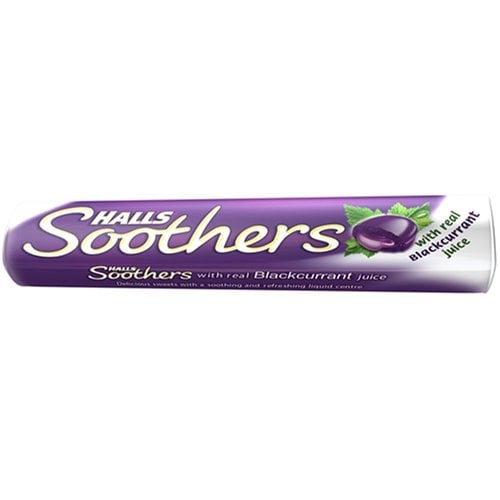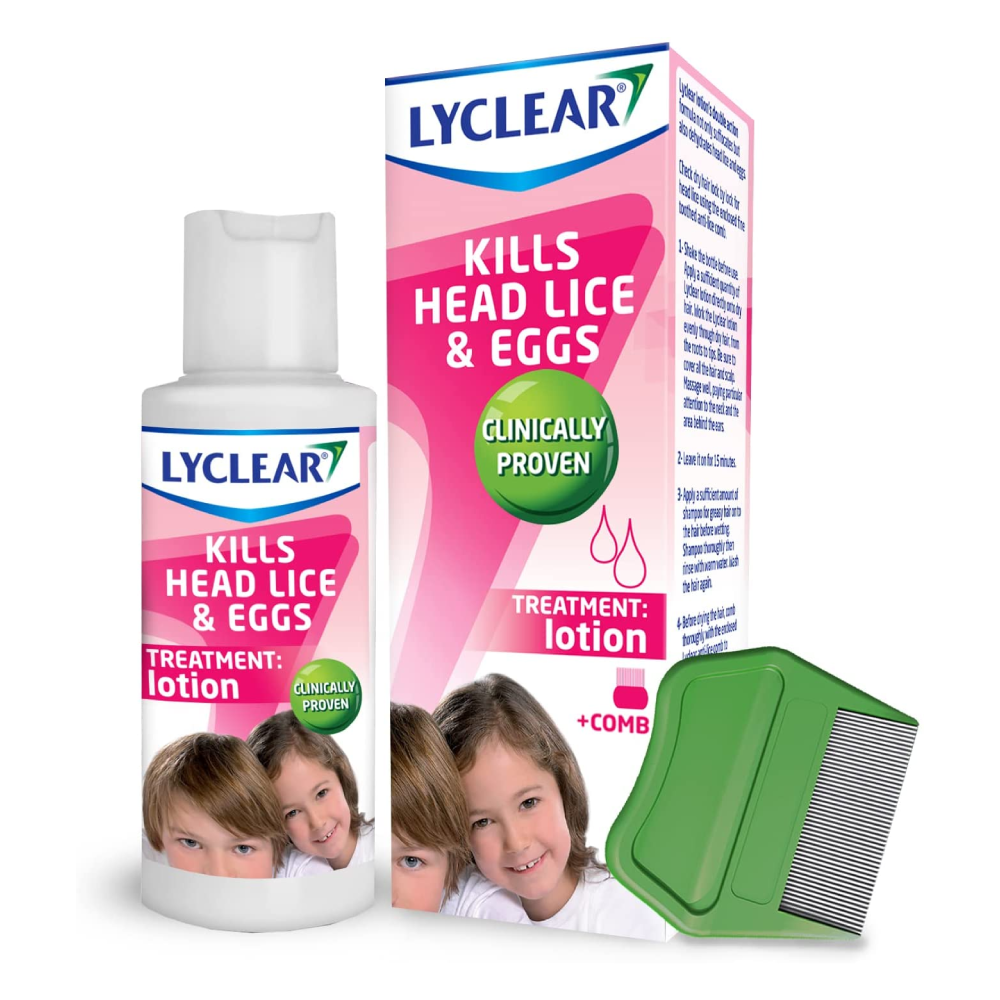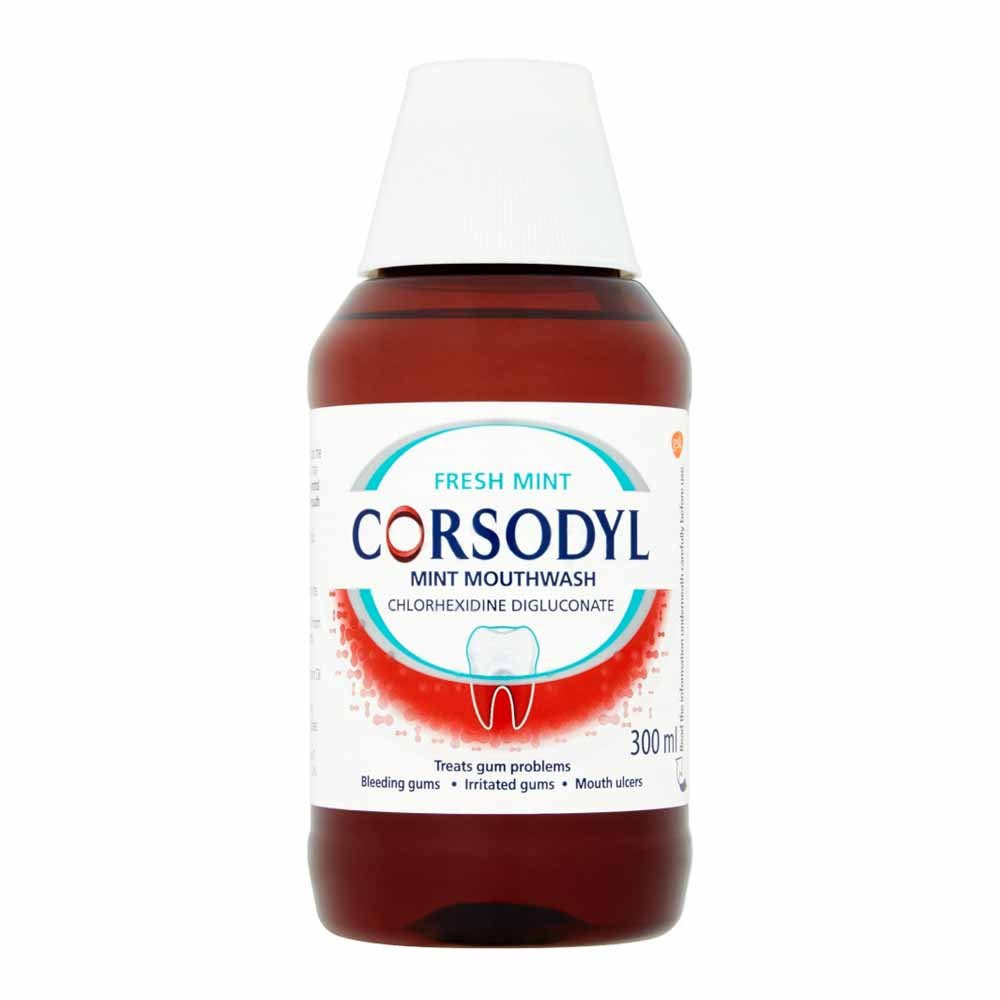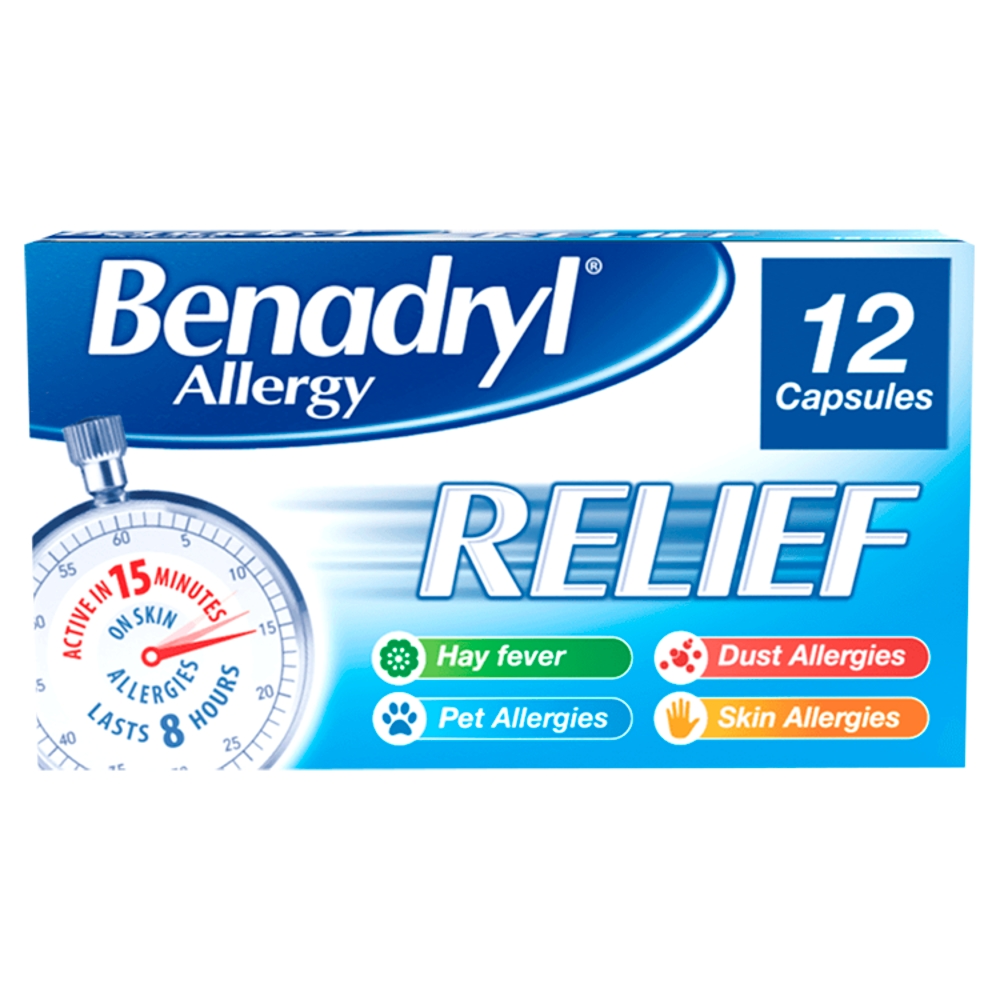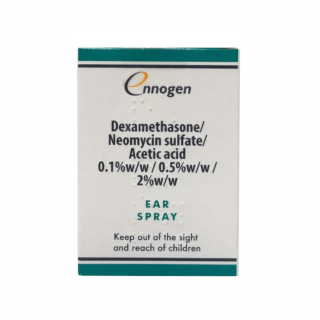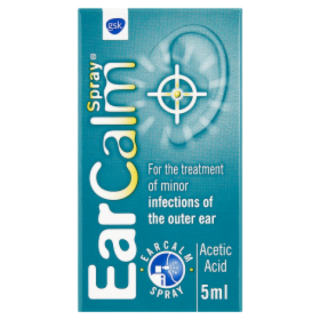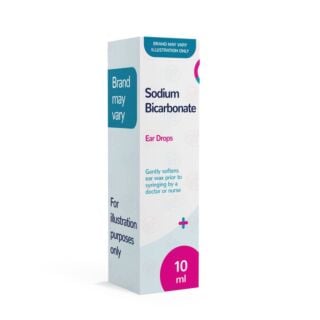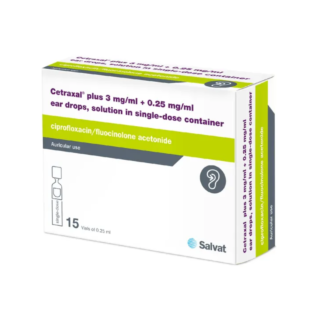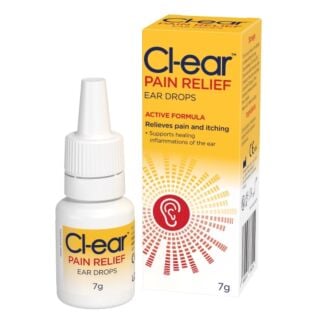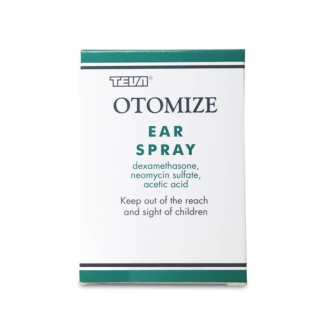Ear Infections
Ear infections are a common issue that can affect people of all ages, often causing discomfort, pain and sometimes temporary hearing problems. … Read More See less
Whether triggered by a cold or a build-up of wax or fluid - infections in the ear can range from a mild irritation to a more persistent problem.
Thankfully, there are a range of treatments available to help ease symptoms and support recovery, from over-the-counter ear drops to products that help keep ears clean and healthy.
What are ear infections?
Ear infections happen when bacteria, viruses or fungi cause inflammation in the ear.
They can affect the outer, middle or inner parts of the ear, and both symptoms and treatments can vary depending on which particular area is infected.
While ear infections are especially common in children, they can still affect people of all ages. They may develop after a cold or sinus infection, or they may come on as a result of water or wax build-up.
Many ear infections clear up on their own within a few days, though some may need treatment such ear drops or antibiotics to help ease pain and fight the infection.
Symptoms of an ear infection
Symptoms of an ear infection can vary depending on the part of the ear affected, but common signs include:
- Ear pain or discomfort which may be sharp, dull or throbbing
- Temporary hearing loss or muffled hearing
- Fluid draining from the ear
- Itchy ears or irritation inside the ear
- A sensation of clogged or blocked ears
- Ringing or buzzing in the ears, also known as tinnitus
- Dizziness or balance problems, which can also be linked to labyrinthitis
- Sore throat
- Fever
How are ear infections diagnosed?
Your doctor will usually diagnose an ear infection by asking about your symptoms and then examining your ears with an otoscope - a small magnifying glass device that lets them see inside your ear canal and check for any redness or fluid.
In some cases, especially with inner ear symptoms like dizziness or balance issues, further tests may be needed to check for infections such as labyrinthitis.
If you experience persistent ear infections or if you’re in severe pain, your GP may refer you to an ear, nose and throat (ENT) specialist for a more detailed assessment of your symptoms.
How are ear infections treated?
Ear infection treatment depends on the type and severity of the infection, as well as the area of the ear affected.
While many infections clear up on their own in a few days, others may require specific treatment to relieve symptoms and fight the underlying cause.
Here are a few common treatment options:
Over-the-counter ear drops or sprays
Mild outer ear infections or itchy ears can often be managed with ear drops. These may contain antiseptics or anti-inflammatories to help dry out trapped moisture or clear up mild infections.
Prescription treatments
In more severe or persistent cases, your doctor may prescribe antibiotic ear drops or antibiotic tablets, particularly if you’re suffering with constant pain or excess fluid.
Antifungal drops may also be prescribed if a fungal infection is suspected by your GP.
Pain relief
Painkillers like paracetamol or ibuprofen can help relieve ear ache associated with an ear infection. Always follow the instructions and speak to a pharmacist if you’re unsure what’s suitable, especially with children.
Self-treatment and home remedies
For mild symptoms, you can apply a warm compress and rest with your head elevated. Steam inhalation may also help relieve pressure and ease symptoms such as clogged ears following a cold. Don’t insert cotton buds directly into the ear, and avoid scratching itchy ears as this can make things worse.
What are the types of ear infections?
Ear infections can affect different parts of the ear - so the symptoms and treatment can vary depending on where the infection develops.
Let’s explore the different types of ear infection in more detail:
Middle ear infections (otitis media)
This is one of the most common types of ear infection, especially in children. It happens when the middle ear becomes either inflamed or infected.
This is often found with a build-up of fluid behind the eardrum and may occur following a cold or sore throat.
Symptoms can include ear ache, hearing loss, fluid leaking from the ear or a fever.
Outer ear infections (otitis externa)
Also known as swimmer’s ear, an outer ear infection affects the ear canal – a tube linking the outer ear and the eardrum.
It’s often caused by water getting trapped in the ear, causing irritation or bacterial growth but it can also be due to a build-up of ear wax or even skin conditions such as eczema.
Symptoms include itchy ears, pain, redness, pressure in the ear and discharge.
Inner ear infections
Less common but may be more serious, inner ear infections can affect your balance and hearing. They may cause dizziness, nausea, vertigo, tinnitus or a spinning sensation affecting your balance.
Labyrinthitis
Often caused by a viral infection, labyrinthitis is an inflammation of the channels in your inner ear.
It can lead to symptoms like dizziness, hearing loss and balance problems. While not always caused by bacteria - it’s often grouped with inner ear infections due to having similar symptoms.
Glue ear
Glue ear occurs when fluid builds up along the ear canal, often without infection. It’s more common in children and can cause temporary hearing loss or muffled hearing, ear ache and balance issues.
Although it’s not usually an infection itself, it can increase the risk of developing one.
How do you tell if you have an ear infection?
You may have an ear infection if you notice one or more of the following symptoms:
- Ear pain or discomfort
- A feeling of pressure or fullness in the ear
- Difficulty hearing or muffled sounds
- Fluid or discharge coming from the ear – it may be watery or pus-like
- Itching inside the ear
- Dizziness or balance issues
- Pain that worsens when lying down
- Fever
If symptoms don’t improve within a few days or if they become more severe, it’s a good idea to speak to your GP or pharmacist for diagnosis and treatment.
What causes ear infections?
Ear infections are usually caused by either bacteria or a virus, typically following a cold.
They can also be caused by trapped water in the ear leading to inflammation or a fungal infection.
Common causes include:
- A cold or respiratory infection that spreads to the middle ear
- Water getting trapped in the ear canal
- A build-up of earwax
- Allergies or sinus infections that affect drainage
- Damage or irritation from cotton buds, hearing aids or earplugs
- Eustachian tube dysfunction (ETD), which can also lead to glue ear
Can ear infections be prevented?
While not all ear infections are avoidable, you can reduce your risk by following these simple steps:
- Avoid cotton buds or inserting objects into the ear
- Keep your ears dry, especially after swimming or bathing, and use ear plugs if you’re prone to outer ear infections
- Manage allergies and colds early to prevent blockages
- Practice good hygiene to reduce the spread of bacteria
Taking these steps to protect your ears and treat symptoms early can help reduce the chances of infection and ongoing discomfort.
Sources
- https://www.nhs.uk/conditions/ear-infections/
- https://www.mayoclinic.org/diseases-conditions/ear-infections/symptoms-causes/syc-20351616
- https://www.bupa.co.uk/health-information/ears-nose-throat/outer-ear-infection
- https://www.webmd.com/cold-and-flu/ear-infection/ear-pain-home-treatment
- https://my.clevelandclinic.org/health/diseases/8613-ear-infection-otitis-media
- https://www.nhsinform.scot/illnesses-and-conditions/ears-nose-and-throat/otitis-externa/
- https://my.clevelandclinic.org/health/diseases/24240-inner-ear-infection-otitis-interna
- https://www.nhs.uk/conditions/labyrinthitis/
- https://www.nhs.uk/conditions/glue-ear/

Free delivery when you spend over £39

100% discreet delivery for every item ordered

Fully regulated UK pharmacy
What are the remedies for earache?
You don’t always need antibiotics to relieve earache - sometimes, home remedies can be just as effective.
Over-the-counter painkillers like ibuprofen can help to ease pain and bring down a fever - but they’re not suitable for everyone, especially young children, so always speak to a healthcare professional first.
A warm or cold compress held up against the ear might help, or drops like hydrogen peroxide - place several drops into the ear and wait for a while, then rinse your ear with clean water.
Dabbing ginger juice or garlic oil onto a cloth and wiping it around the outer ear canal can work as a natural antibiotic due to them both having natural, anti-inflammatory properties.
What are the treatments for glue ear?
Your GP will not always choose to treat glue ear as the symptoms usually clear up on their own within 3 months.
There are no effective medicines to treat glue ear because it isn’t caused by an infection; however, glue ear can cause an ear infection, which is when antibiotics may be prescribed.
If your glue ear doesn’t relieve itself on its own, the GP may wish to try a treatment called auto inflation, like Otovent, which can help the fluid in the ear to drain on its own.
It works by blowing up a specialised balloon using 1 nostril at a time and swallowing while holding the nostrils closed.
This treatment has to be done multiple times a day and is not recommended for young children under 3 years old.
What causes an earache?
Earache usually occurs in children, but it can affect adults too.
The most common causes of earache are an injury, an infection, irritation such as trapped shampoo or water, a result of the cold weather, a change in pressure like flying on a plane, and earwax buildup.
If you are suffering from dental problems like an infected or impacted tooth, it may cause earache, too.
What is glue ear?
Glue ear is more common in children than adults, but they will experience the same symptoms - hearing loss, earache or ear pain, and tinnitus (hearing ringing and buzzing sounds).
It occurs when the empty, middle section of your ear canal fills up with fluid.
The glue ear typically clears on its own within 3 months, but there are treatment options available that may encourage the fluid to drain on its own.
What treatment can be used for an ear infection?
Mild ear infections will typically clear up on their own, but you may wish to take something to relieve the pain.
Try taking an over-the-counter painkiller like ibuprofen, but be aware that this isn’t suitable for young children so always speak to your healthcare provider first.
Ear drops are another useful option, like hydrogen peroxide or sodium bicarbonate.
Antibiotics might be prescribed as a last resort if the infection doesn’t get better after three days; if fluid is spilling from the ear, or if you have an illness with complications like cystic fibrosis.


